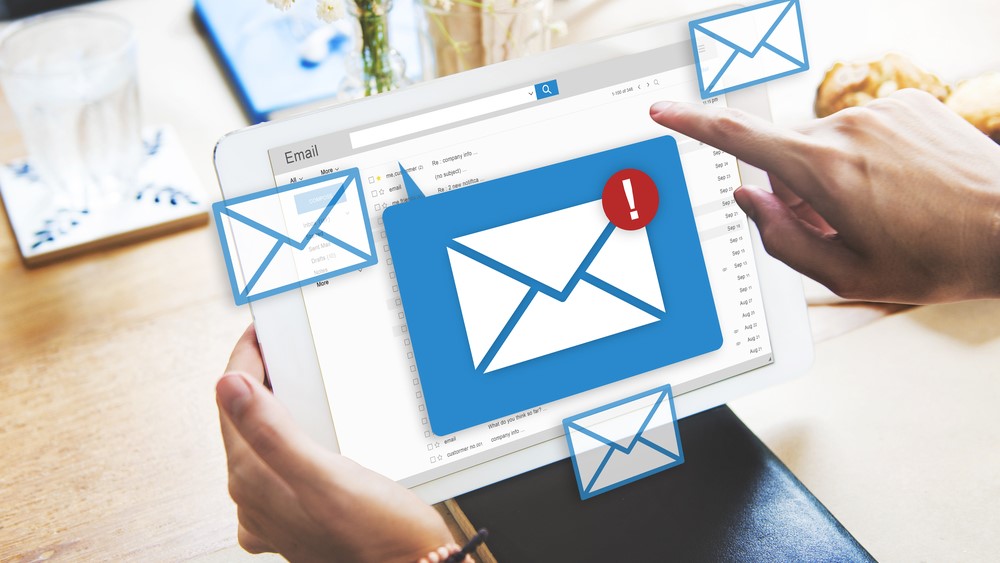Beware - that email about your Amazon delivery alert could be an online scam
Email phishing campaigns see rise as more consumers shop online this holiday season

With the recent Black Friday and Cyber Monday sales leading to record levels of online purchases, criminals are now looking to take advantage with fake scam emails, experts have warned.
Security researchers from Check Point are warning holiday shoppers about a surge in email phishing campaigns in which cybercriminals impersonate Amazon, DHL, FedEx and other trusted delivery vendors.
These email alerts, which are timed to coincide with package deliveries following the beginning of the holiday shopping season, are designed to trick recipients into disclosing their personal details by using subject lines such as “Delivery Issue” or “Track your Shipment”.
- We've put together a list of the best malware removal software
- Stay safe online with the best ransomware protection software
- Also check out our complete list of the best antivirus software
According to Check Point, cybercriminals are targeting both the before and after sides of online shopping this year as the firm's researchers documented an 80 percent increase in malicious phishing campaigns targeting shoppers in the form of “special offers” ahead of Black Friday and Cyber Monday.
Shipping-related phishing
Now though, they are targeting shoppers who are eagerly awaiting the delivery of packages containing gifts by luring them to submit details about their orders that could be used to steal credentials or other financial data.
In November, Check Point researchers documented a 400 percent increase in the number of shipping-related phishing emails targeting European consumers when compared to the previous month. This increase was even higher in the US at 427 percent when comparing November to October.
The main difference between the two regions though is the fact that cybercriminals used fake DHL emails to target European consumers while phishing emails impersonating different Amazon shipping notifications were used to target US consumers.
Are you a pro? Subscribe to our newsletter
Sign up to the TechRadar Pro newsletter to get all the top news, opinion, features and guidance your business needs to succeed!
Manager of data intelligence at Check Point Omer Dembinsky provided further insight on how consumers can spot phishing emails this holiday season in a blog post, saying:
“Hackers are going after the entire online shopping experience, before and after people have made purchases. First, hackers will send “special offers” to peoples’ inboxes from their favorite brands. Then, hackers will send an email about the delivery of purchases, even if you bought from a trusted source. Now that Black Friday and Cyber Monday are over, we’re turning towards the other side of the equation, which is deliveries."
"Think twice as you open up any post-purchase emails this holiday season. The email could be from a hacker. Take a closer look at any email that alleges they are from Amazon, DHL or FedEx. Watch for misspellings. Beware of Lookalike Domains. It’s clear to us that hackers are targeting online shoppers at every step of the online shopping experience, where the danger is very real before and after you make a purchase.”
- We've also highlighted the best VPN services
After working with the TechRadar Pro team for the last several years, Anthony is now the security and networking editor at Tom’s Guide where he covers everything from data breaches and ransomware gangs to the best way to cover your whole home or business with Wi-Fi. When not writing, you can find him tinkering with PCs and game consoles, managing cables and upgrading his smart home.
